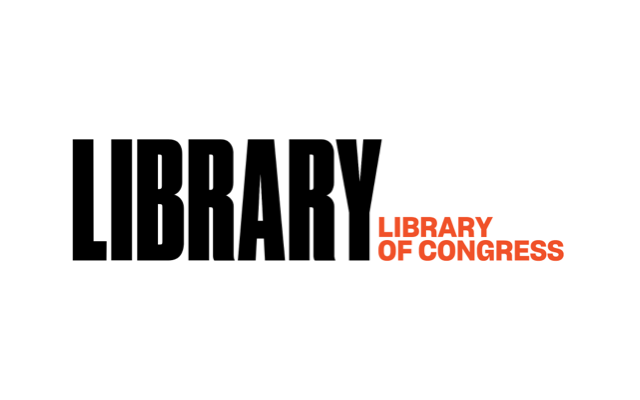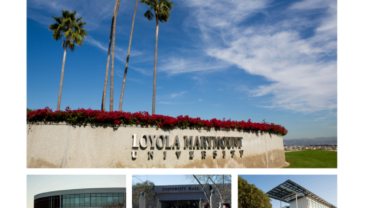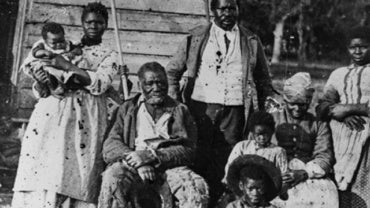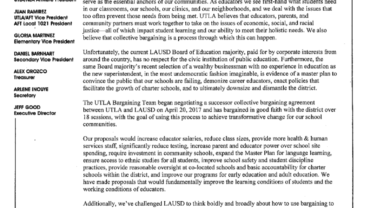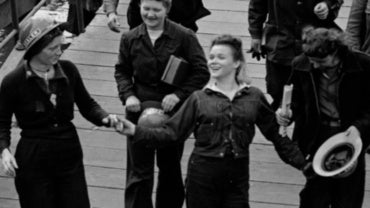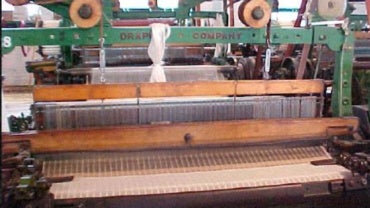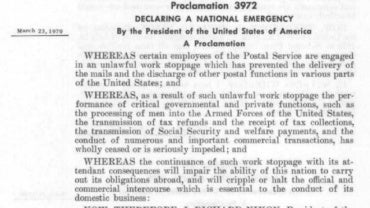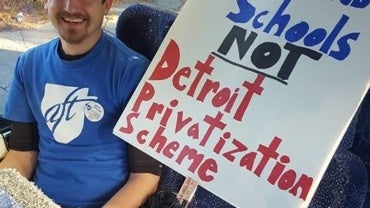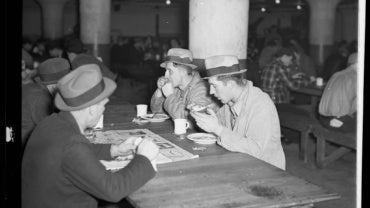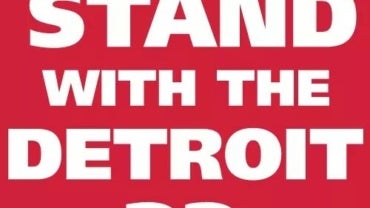This collection presents 470 interview excerpts and 3882 photographs from the Working in Paterson Folklife Project of the American Folklife Center at the Library of Congress. The four-month study of occupational culture in Paterson, New Jersey, was conducted in 1994. The documentary materials presented in this online collection explore how Paterson’s industrial heritage expresses itself in Paterson: in its work sites, work processes, and memories of workers. Included are interpretive essays exploring such topics as work in the African American community, local foodways, the ethnography of a single work place (Watson Machine International), business life along a single street in Paterson (21st Avenue), and narratives told by retired workers.
